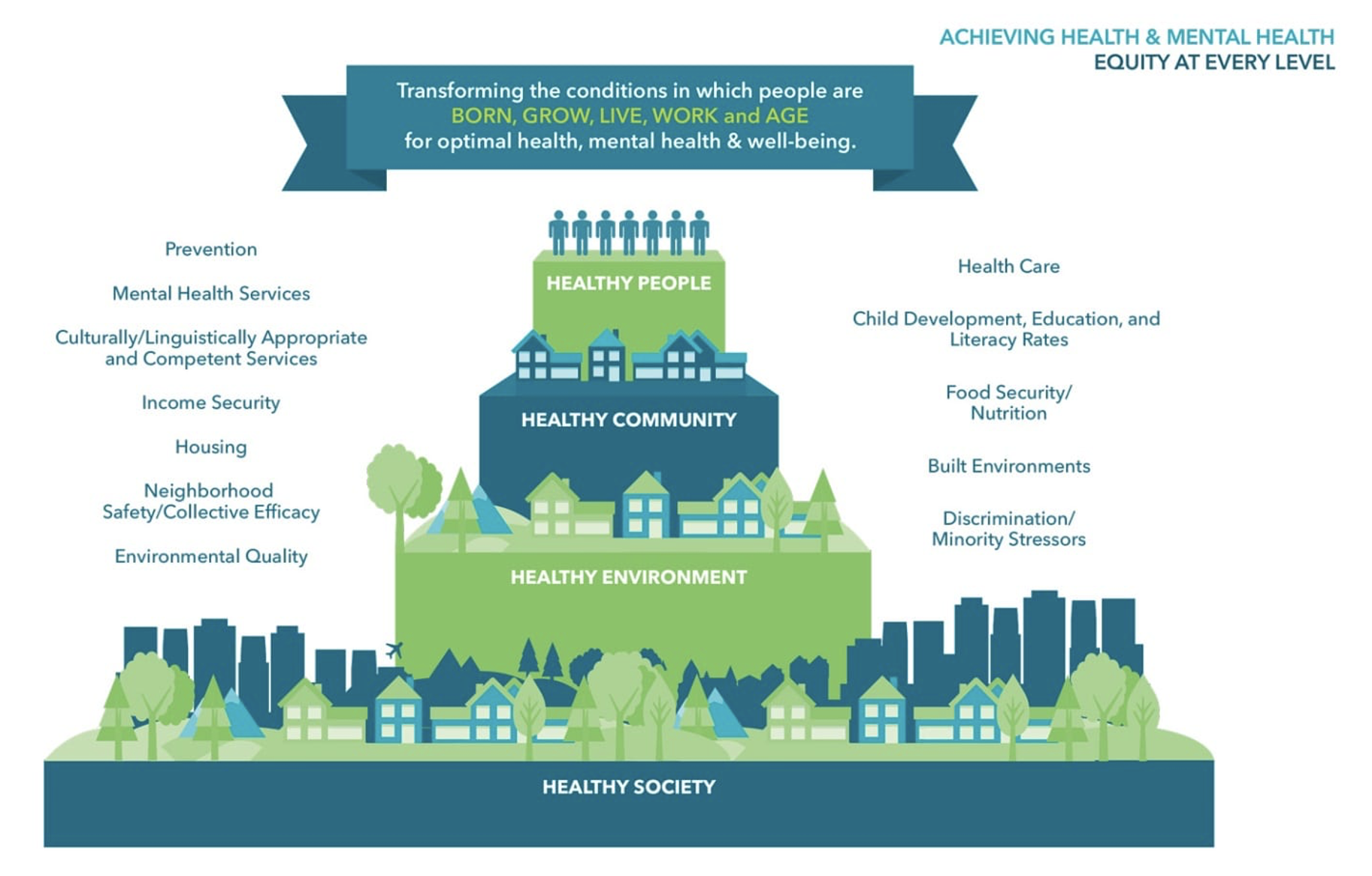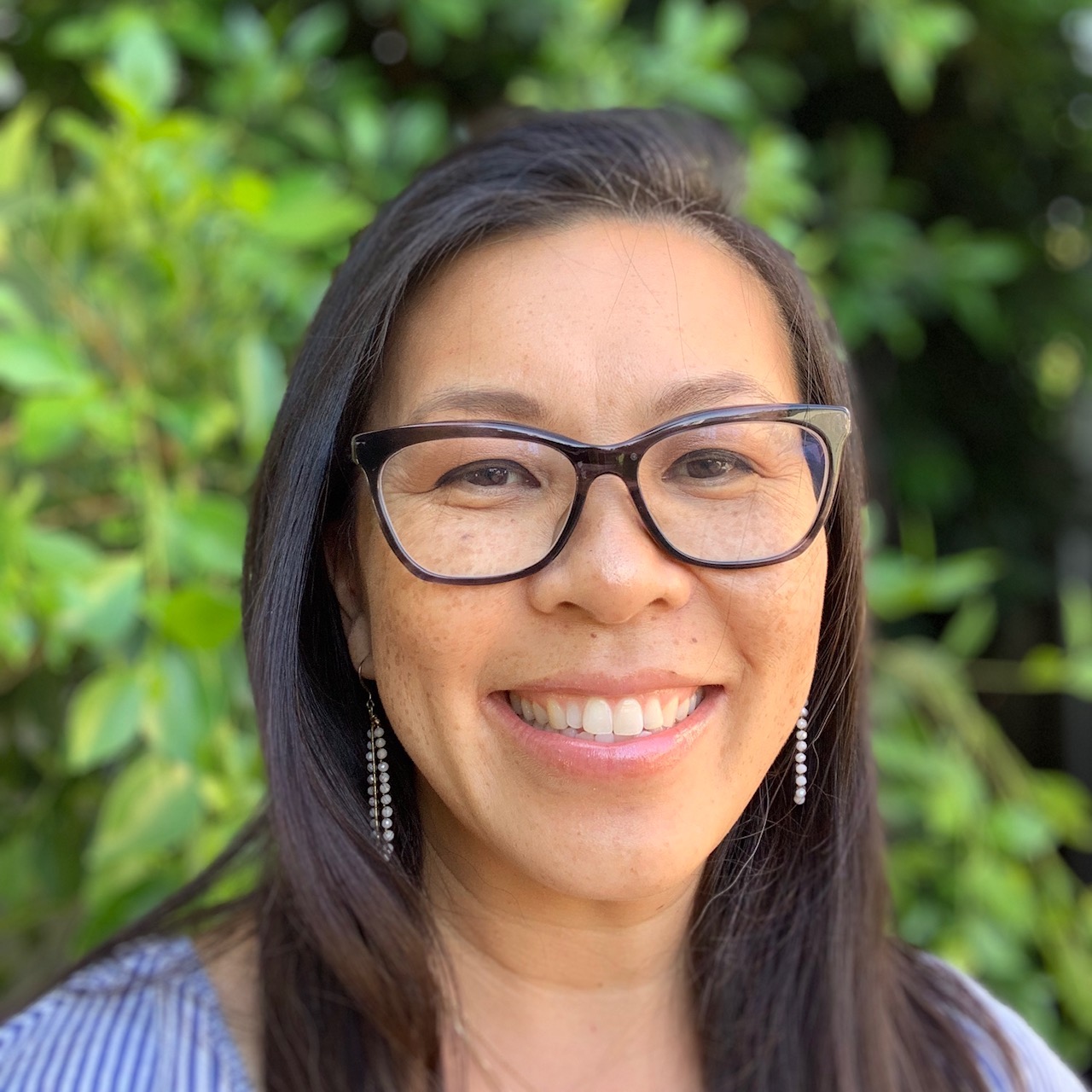President’s Message
President’s Message
By Anna Lau, PhD
We are starting to round the corner on 2022, and we continue to adjust to our new normal. For me this meant missing out on our in-person APA Convention due to a close contact with COVID. Although personally disappointed, I was grateful to hear about the incredible SCCAP Program orchestrated by Dr. Miya Barnett. For this final reflection, I wanted to revisit a discussion held among our esteemed SCCAP Presidential Panelists. We posed the following question – As child clinical psychologists, how do you focus and balance the need for structural change with our field’s focus on individual- and family-level interventions?
Our conference theme centered racial equity in children’s mental health through our mission of enhancing the science and practice of clinical child and adolescent psychology by supporting our membership. Our SCCAP programming has focused on supporting evidence-based, culturally responsive mental health practice and we have aimed to promote the inclusion and development of a diverse child and adolescent mental health workforce. Our focus is generally on the young people coming to us in need, we are trained to help decrease the burden of mental health challenges by intervening with individual children, their families, sometimes in their classrooms and care systems. We train and support others to carry out this work, and we may help transform the settings where we do this work to be strengths-based and trauma-informed. Increasingly our discipline has leveled up to transcend beyond individual- and family-level interventions.

Graphic developed by the California Department of Public Health (https://letsgethealthy.ca.gov/sdoh)
Following the science, we know that mental health is socially determined. Social determinants are in the everyday conditions into which children are born, grow, live, learn and develop. Inequitable access to hospitable conditions for children spans from housing, food, and income security, to environmental justice and neighborhood safety, to education and health care quality and access, to political representation and human capital. I’m grateful to Mary Fristad, our Division liaison to the National Academy of Science Engineering and Medicine (NASEM) Forum for Children’s Well-being, who routinely disseminates resources and information about social determinants of child development and mental health.
As clinical child and adolescent psychologists, how do we make meaningful impact working at the individual-level when the rampant root causes are entrenched, structural, and historical? A good place to start is awareness and critical reflection on our approach as a helping profession. As clinicians, our training is often steeped in traditional medical models of disease and the classification and treatment of individual psychopathology. Yet our understanding of social determinants of mental health and deep racial inequities should give us pause. Families and children of color are exposed to chronic and acute forms of racialized oppression. Practicing clinical psychologists have been criticized for pathologizing the marginalized rather than working to disrupt the sociopolitical systems that oppress the disadvantaged (Afuapa, 2011).
How can psychologists begin to identify ways to disrupt systems of disadvantage in youth mental health? I am grateful to Dr. Rosaura Orengo-Aguayo, Associate Professor at the Medical University of South Carolina, who was kind enough to summarize her panel response on the concrete ways she addresses structural inequities using a community based participatory approach and a social and language justice lens in her work. She explains,
- We center community voices – we listen first to the people, parents, children, with whom we are working. We follow their needs, not ours. If families have difficulty with basic needs, we start there.
- We center language justice – we ensure our institutions fund interpreter services and train and support our clinicians to use interpreter services. We must also increase our bilingual workforce which is crucial for promoting equitable access to quality mental health care.
- We center social justice – we recognize that mental health care cannot be absent of the context that slavery, colonialism, and capitalism play in structural inequities today. Communities are in the best position to let us know what support, justice, safety, and treatment should look like for them given this context.
- We center cultural humility – we engage in ongoing self-reflection, examination, and awareness that we all are part of a system that perpetuates inequities and power imbalances. We need to constantly strive to dismantle these systems, realize that we don’t know it all AND it is our responsibility to listen, learn, grow, and serve others before serving ourselves.
Thus, Dr. Orengo-Aguayo beautifully illustrates examples of paths for psychologists seeking to take on responsibility for excavating drivers of inequity in youth mental health.
Finally, some of our members may be familiar with tenets of liberation psychology that may provide critical framing of our potential impact. Liberation psychologists foster awareness of inequality, affirm cultural identities and strengths and promote change to improve lives and address oppression (MartÍn-Baró, 1994). Liberation therapists thus articulate another direct route toward moving toward equity – by viewing their work with an individual as potentially helping many others by catalyzing social action that fosters empowerment and resistance. Here, the purpose of therapy is not to treat individual pathology but to help clients gain awareness of the ways historical, socioeconomic, and political structures affect psychological experience (Comas-Diaz, 2020). As child clinical psychologists working with minoritized groups, might we focus on desired outcomes beyond symptom and impairment reduction to cultivating sociopolitical consciousness and agency in the families we serve as a means of fueling collective action toward justice?
In service,
Anna Lau
References
Afuape, T. (2011). Power, resistance and liberation in therapy with survivors of trauma: To have our hearts broken. Routledge/Taylor & Francis Group.
Comas-Díaz, L. (2020). Liberation psychotherapy. In L. Comas-Díaz & E. Torres Rivera (Eds.), Liberation psychology: Theory, method, practice, and social justice (pp. 169–185). American Psychological Association. https://doi.org/10.1037/0000198-010
Martín-Baró, I. (1994). Writings for a liberation psychology. (A. Aron & S. Corne, Eds.). Harvard University Press.
Recommended Reading
Woods-Jaeger, B., Cho, B., & Briggs, E. C. (2020). Training psychologists to address social determinants of mental health. Training and Education in Professional Psychology.

Anna Lau, PhD
President, SCCAP
“Following the science, we know that mental health is socially determined.
Social determinants are in the everyday conditions into which children are born, grow, live, learn and develop.”
More From Fall 2022
More From Fall 2022
President’s Message
By Anna Lau, PhD
In Focus: A Brief Overview of Anti-Racism Among Youth
By Fatima Varner, PhD; Lorraine Scott, MA; Gloria Stout, BA; & Sophia J. Lamb, BS
Expert Recommendations: School Refusal
By Jonathan Dalton, PhD
SCCAP Seeks Nominations for Board Positions
Deadline: December 15, 2022
Announcing SCCAP Award Opportunities
Apply or nominate today.
Apply Now for the 2023 SCCAP LEAD Institute!
The 2023 SCCAP Leadership Education to Advance Diversity Institute
SCCAP at the 2022 APA Convention
By Miya Barnett, PhD, & Joy Gabrielli, PhD
Clinical Practice Institute (CPI) Recap
By Jill Ehrenreich-May, PhD
SCCAP Election Outcomes
Join us in congratulating newly elected 2023 SCCAP board members.
Time to Consider Becoming a Fellow of SCCAP!
By Sharon Berry, PhD, ABPP
SCCAP Student Development Committee Updates
By Natalie Finn & Ayotola Onipede
Journal Update: EPCAMH
By Mary Fristad, PhD
Diversity Committee Update
By Omar G. Gudiño, PhD, ABPP
Council of Representatives Update
By Mary Louise Cashel, PhD & Timothy Cavell, PhD
Education & Standards Committee Update
By Tara Peris, PhD
Membership Committee Update
By Chrissy Cammaratta, PhD, ABPP
ABBCAP Update
By Omar G. Gudiño, PhD, ABPP
AIRS SIG Update
By Jarrod Leffler, PhD, ABPP & Aaron Vaughn, PhD
Bilingual Psychologists SIG Update
By Hannah Jones, PhD
Infant and Early Childhood SIG Update
By Miller Shivers, PhD & Caroline Kerns, PhD
More From Fall 2022
More From Fall 2022
President’s Message
By Anna Lau, PhD
In Focus: A Brief Overview of Anti-Racism Among Youth
By Fatima Varner, PhD; Lorraine Scott, MA; Gloria Stout, BA; & Sophia J. Lamb, BS
Expert Recommendations: School Refusal
By Jonathan Dalton, PhD
SCCAP Seeks Nominations for Board Positions
Deadline: December 15, 2022
Announcing SCCAP Award Opportunities
Apply or nominate today.
Apply Now for the 2023 SCCAP LEAD Institute!
The 2023 SCCAP Leadership Education to Advance Diversity Institute
SCCAP at the 2022 APA Convention
By Miya Barnett, PhD, & Joy Gabrielli, PhD
Clinical Practice Institute (CPI) Recap
By Jill Ehrenreich-May, PhD
SCCAP Election Outcomes
Join us in congratulating newly elected 2023 SCCAP board members.
Time to Consider Becoming a Fellow of SCCAP!
By Sharon Berry, PhD, ABPP
SCCAP Student Development Committee Updates
By Natalie Finn & Ayotola Onipede
Journal Update: EPCAMH
By Mary Fristad, PhD
Diversity Committee Update
By Omar G. Gudiño, PhD, ABPP
Council of Representatives Update
By Mary Louise Cashel, PhD & Timothy Cavell, PhD
Education & Standards Committee Update
By Tara Peris, PhD
Membership Committee Update
By Chrissy Cammaratta, PhD, ABPP
ABBCAP Update
By Omar G. Gudiño, PhD, ABPP
AIRS SIG Update
By Jarrod Leffler, PhD, ABPP & Aaron Vaughn, PhD
Bilingual Psychologists SIG Update
By Hannah Jones, PhD
Infant and Early Childhood SIG Update
By Miller Shivers, PhD & Caroline Kerns, PhD
